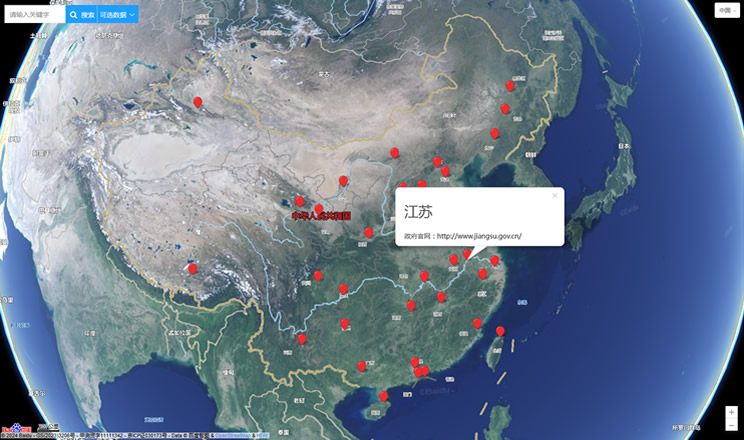The Spanish settlement of Villa de la Vega was founded by governor Francisco de Garay in 1534 as the capital of the colony. Later, it was also called Santiago de la Vega or St. Jago de la Vega. Indigenous Taino had been living in the area for approximately a millennium before this, but this was the first European habitation on the south of the island. When the English conquered Jamaica in 1655, they renamed the capital Spanish Town. Since the town was badly damaged during the conquest, Port Royal took on many administrative roles and functioned as an unofficial capital during the beginning of English rule. By the time Port Royal was devastated by an earthquake in 1692, Spanish Town had been rebuilt and was again functioning as the capital. Spanish Town remained the capital until 1872, when the seat of the colony was moved to Kingston. Kingston had been founded in the aftermath of the 1692 earthquake. By 1755, serious rivalry from lobbyists caused increasing speculation about the continued suitability of Spanish Town as the capital. In 1836, Governor Lionel Smith observed that "the capital was in ruins, with no commercial, manufacturing and agricultural concern in operation." To worsen the situation on the heels of the Morant Bay Rebellion of 1865, Sir John Peter Grant ordered the removal of the capital in 1872 to Kingston which had come to be considered the natural capital of the island. After the seat of government was removed, Spanish Town lost much of its economic and cultural vitality.
Extreme weather in China
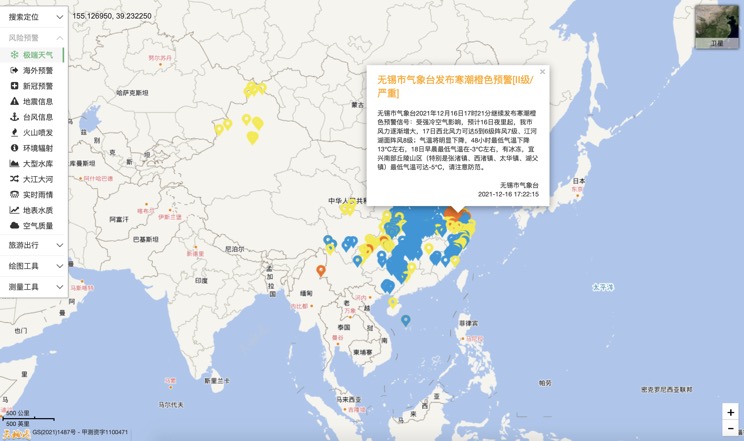
China Earthquake Information
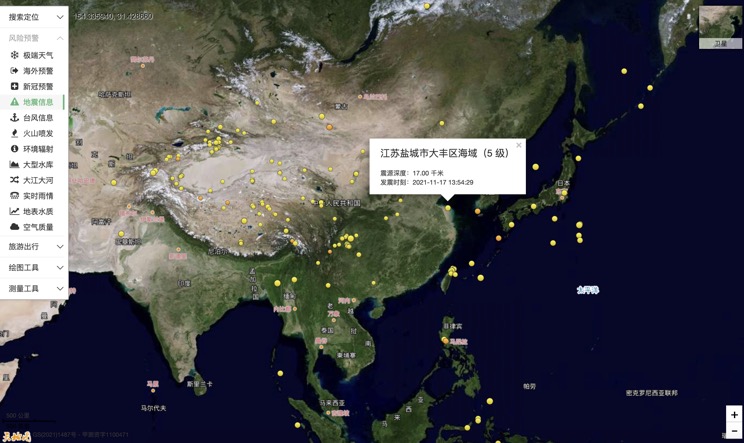
Volcano eruption
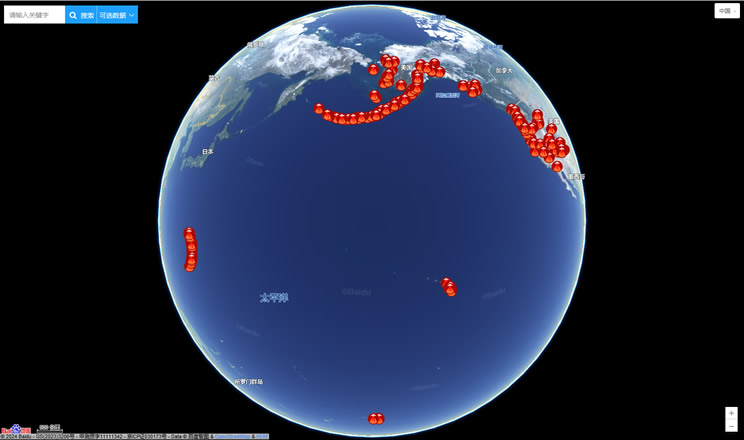
Environmental Radiation in China
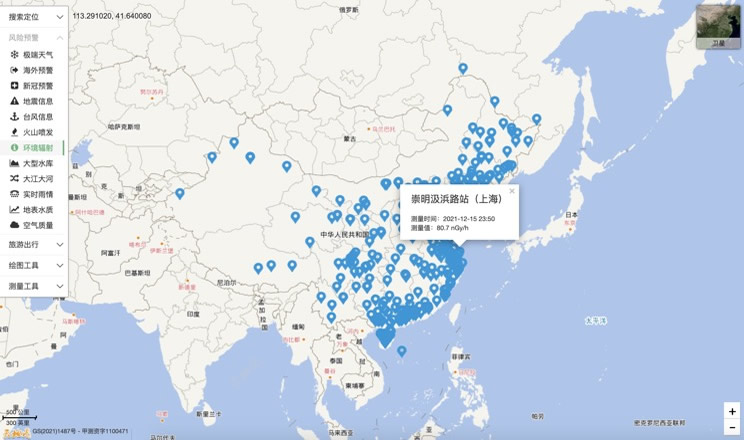
Overseas Warning
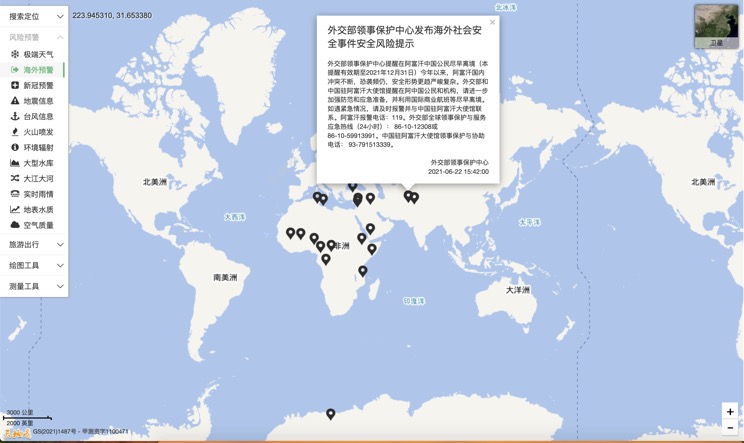
China's air quality
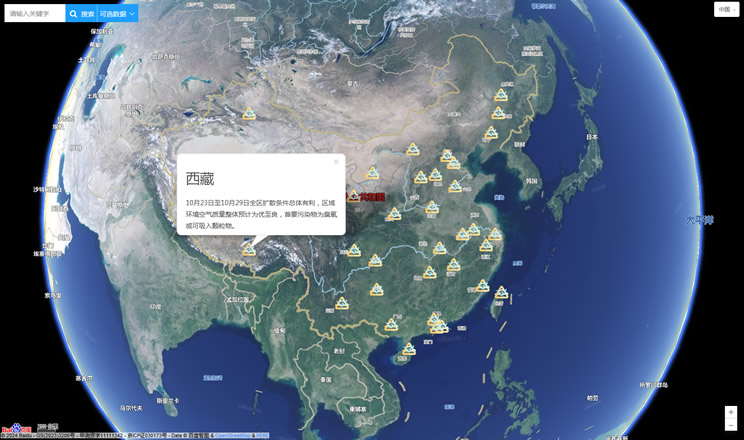
China's Water Disaster Alert
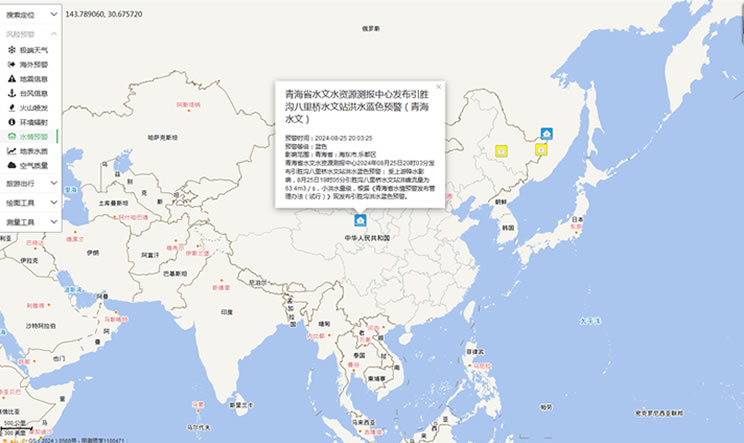
China Weather Forecast
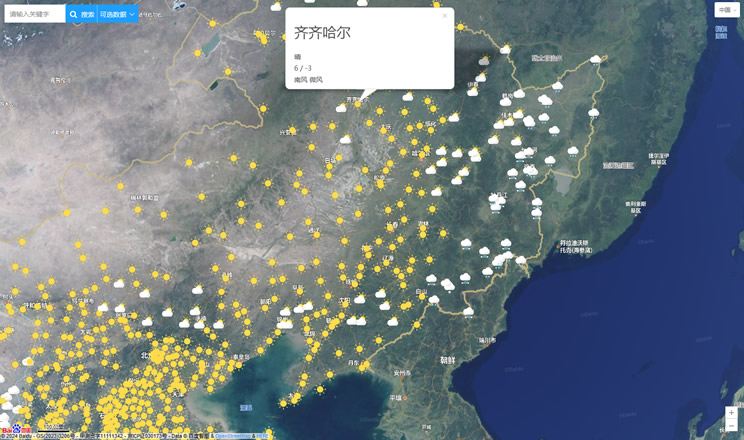
Introduction to Countries
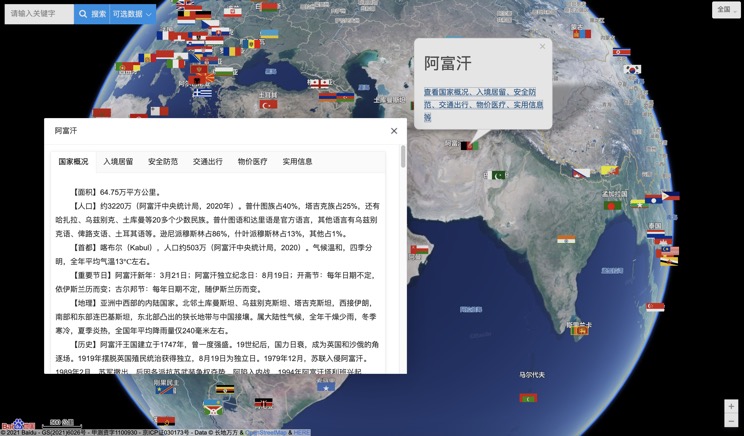
China Subway Lines

China's 5A Scenic Spots
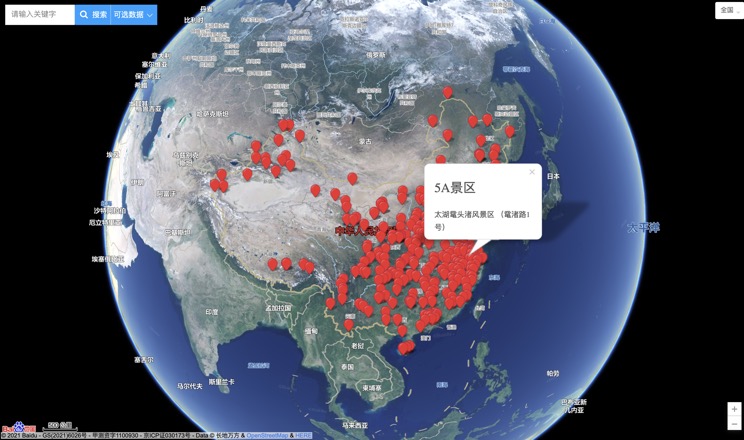
Provincial Capitals in China
